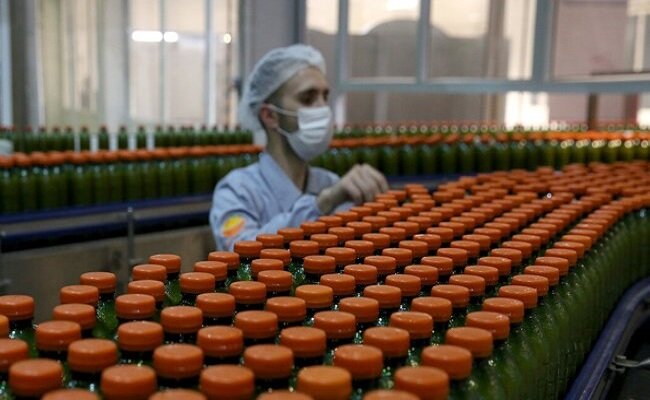Unscrupulous business of big food companies in poor countries

reported by Nestle, Pepsico and Unilever as part of a global index.
The result of this investigation by the non-profit group showed that the products of the 30 companies studied, which were sold in low-income countries, scored lower in the quality rating system established by the governments of Australia and New Zealand. compared to products sold in high-income countries.
In the Health Star rating system, products are rated for health out of 5, with 5 being the best and a score above 3.5 being considered a healthier choice.
In low-income countries, the products sold by the multinational companies under review scored 1.8 in this system, while the score of these products in high-income countries was 2.3.
Mark Wijn, director of research at ATNI, told Reuters that this is a very clear picture of what these companies are doing in The poorest countries in the world sell, that is, the countries that are the main markets of these companies, not healthy products, and this is an alarm for the governments of these countries.
This is the first time that the ATNI index divides the assessment into low-income and high-income countries. According to the report, this indicator is important because packaged foods are increasingly contributing to the obesity crisis, which is now a global phenomenon.
According to the report of the World Health Organization, more than one billion people worldwide live with the problem of obesity. The World Bank estimates that 70% of overweight people live in low- and middle-income countries.


